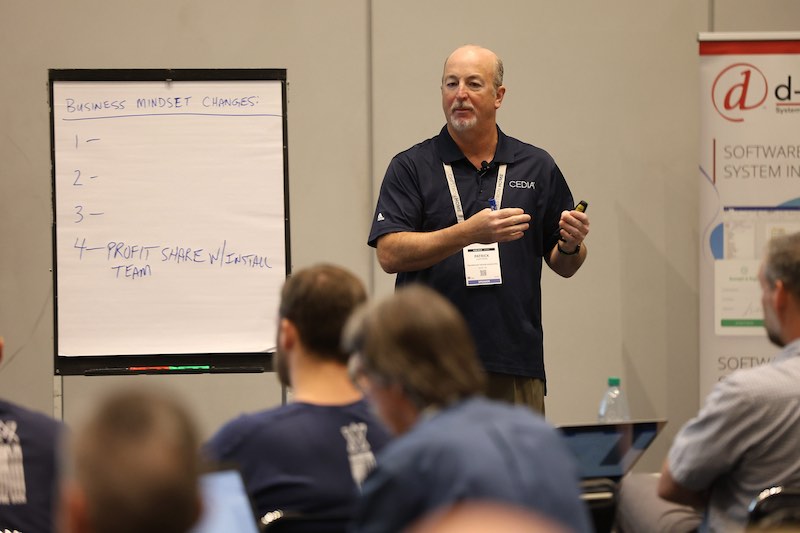Table of Contents
When it comes to choosing storage for a dedicated server, you have three main options: HDD, SSD, and NVMe.
Each type has its own strengths and weaknesses, making the choice between HDD vs SSD vs NVMe an important decision. If you are considering SSD Dedicated servers for your business, this blog is for you.
Let’s break down these storage technologies and see how they compare in terms of speed, reliability, and cost.
Understanding HDD, SSD, and NVMe
HDD (Hard Disk Drive)
HDDs are the oldest type of storage device when you buy web hosting from reputable providers. They work by using spinning magnetic disks to store data. Think of it like a record player but for computer data. HDD are:
- Slower than SSDs and NVMe.
- Less expensive.
- Good for storing large amounts of data.
- More prone to physical damage due to moving parts.
SSD (Solid State Drive)
SSDs are newer than HDDs and use flash memory to store data. This means no moving parts, which leads to:
- Faster read and write speeds than HDDs.
- More reliable and durable.
- Lower power consumption.
- Higher cost per gigabyte than HDDs.
NVMe (Non-Volatile Memory Express)
NVMe is the newest and fastest storage technology. It is a type of SSD that connects directly to the computer’s PCIe slot, allowing for even faster data transfer. NVMe drives are:
- Much faster than both HDDs and regular SSDs.
- Ideal for high-performance computing tasks.
- The most expensive option.
Difference Between HDD, SSD and NVMe
Speed Comparison
When it comes to speed, there’s a clear winner in the HDD, SSD, and NVMe speed comparison:
- NVMe: Fastest, with read/write speeds up to 7000 MB/s
- SSD: Much faster than HDD, with speeds of around 550 MB/s
- HDD: Slowest, with speeds typically around 150 MB/s
To put this in perspective, if downloading a large file took 1 minute with an NVMe drive, it might take about 13 minutes with an SSD and nearly an hour with an HDD.
Reliability and Durability
The difference between HDD, SSD and NVMe in terms of reliability is significant:
- HDDs have moving parts, making them more prone to physical damage and wear over time.
- SSDs and NVMe drives are more durable and shock-resistant since they have no moving components.
- Both SSDs and NVMe drives have a limited number of write cycles, but this is rarely an issue for most users.
Cost Considerations
When it comes to cost per gigabyte of storage:
- HDDs are the cheapest option.
- SSDs are more expensive than HDDs.
- NVMe drives are the most expensive.
However, the higher cost of SSDs and NVMe drives often comes with better performance and reliability, which can be worth the investment for many server applications.
Choosing the Right Storage for Your Dedicated Server
So, what’s better for a dedicated server: SSD vs HDD vs NVMe? The answer depends on your specific needs:
- For budget-friendly storage of large amounts of data that is not accessed frequently, HDDs can be a good choice.
- For a balance of speed and cost, regular SSDs are often the best option for many server applications.
- For high-performance needs, such as databases, virtual machines, or data analytics, NVMe drives offer the best speed and responsiveness.
Many servers use a combination of these technologies. For example, you might use an NVMe drive for the operating system and frequently accessed data, SSDs for important applications, and HDDs for large-scale data storage.
Conclusion
Understanding the NVMe SSD vs SSD vs HDD comparison is crucial when setting up a dedicated server. While HDDs offer cost-effective storage for large amounts of data, SSDs provide a significant speed boost at a moderate price increase.
NVMe drives, though the most expensive, offer unparalleled performance for demanding applications.





